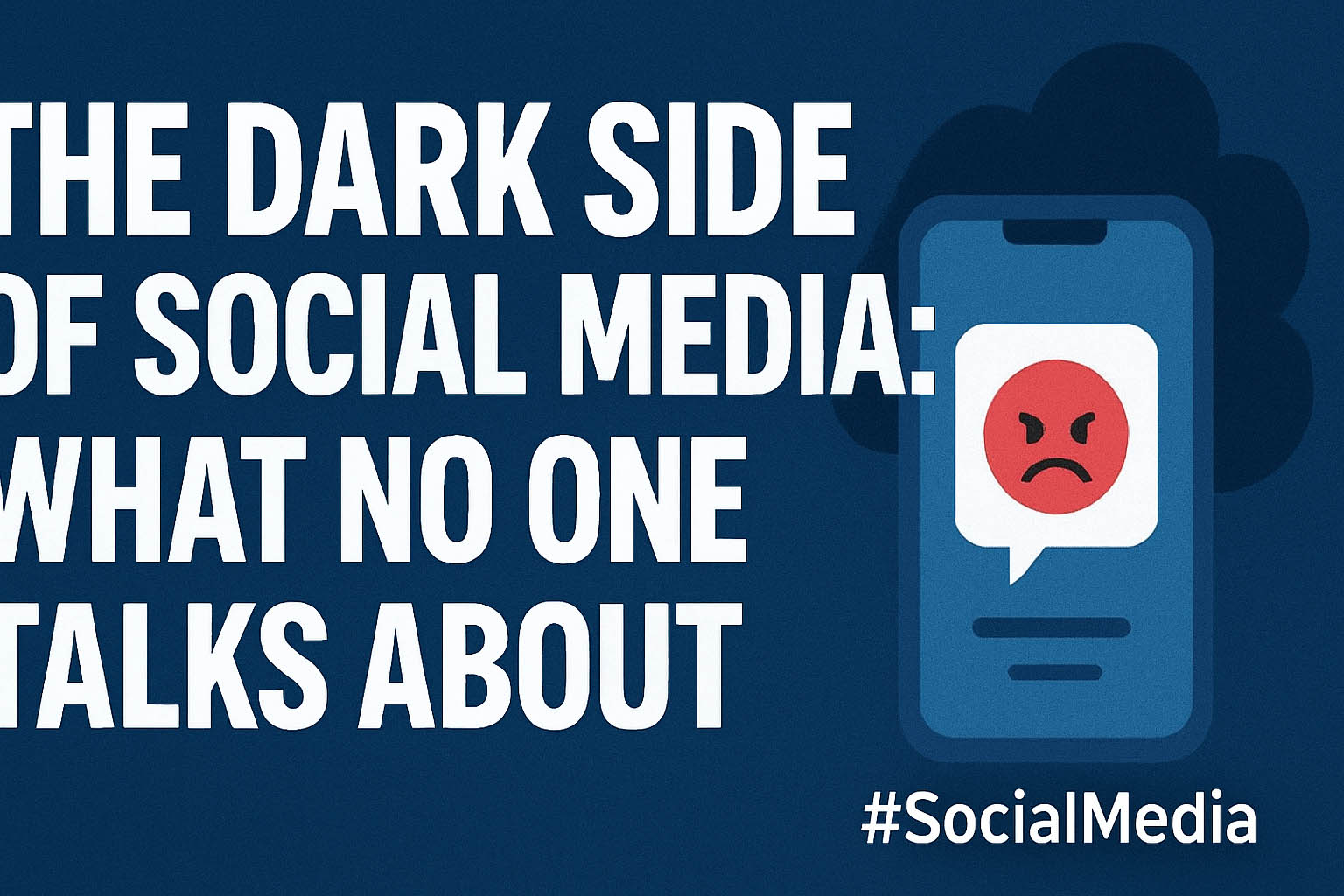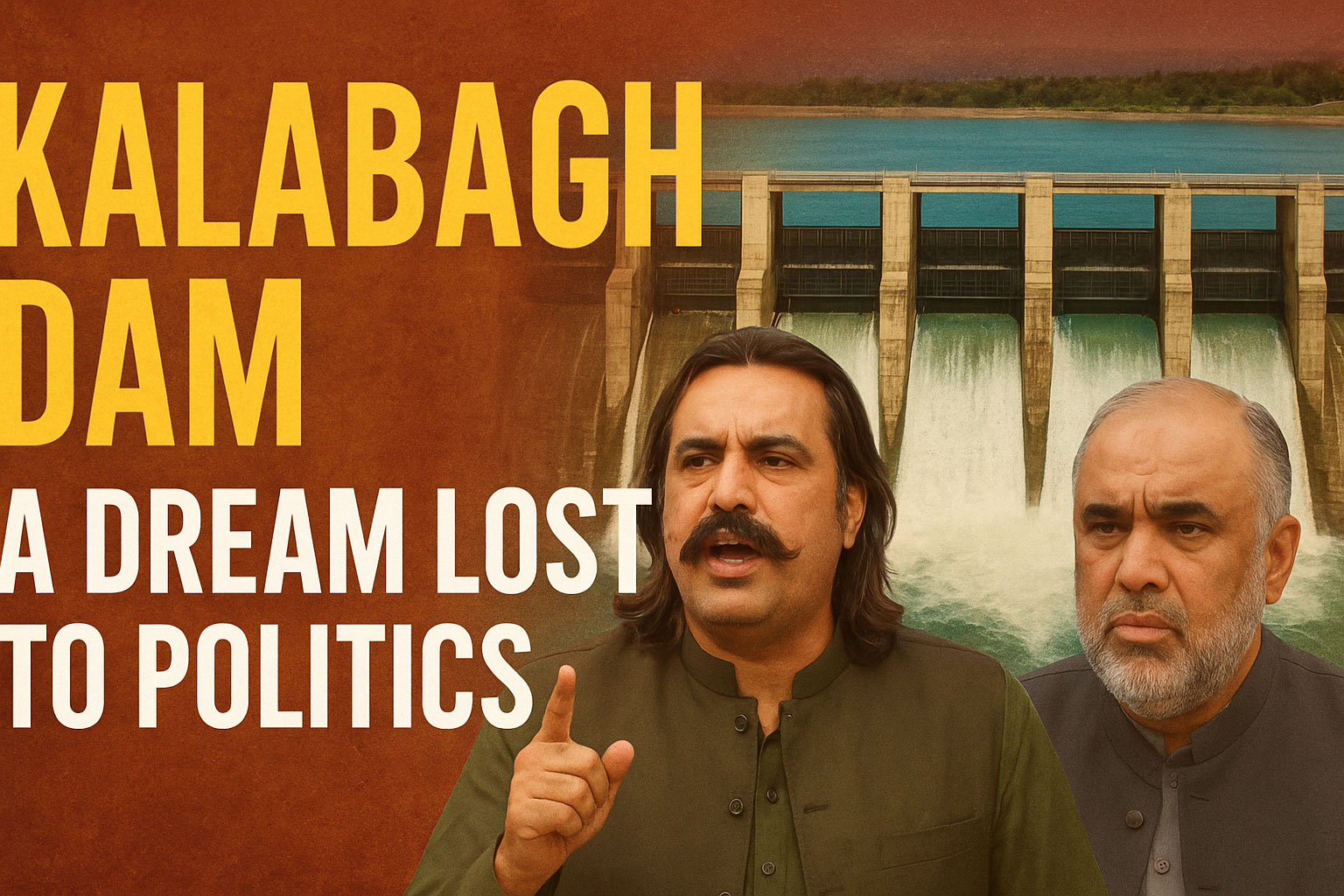Social media is often celebrated as one of the greatest inventions of the modern world. It connects people across continents, spreads information instantly, and gives everyone a voice. Platforms like Facebook, Instagram, TikTok, and X (formerly Twitter) have transformed how we communicate, share ideas, and even run businesses. But beneath this bright surface lies a darker reality—one that few truly talk about.
Addiction and Mental Health
One of the biggest hidden dangers of social media is addiction. Scrolling endlessly through feeds may feel harmless, but it is designed to keep users hooked. Platforms use algorithms that exploit human psychology, rewarding users with likes, comments, and notifications. This constant cycle of validation can lead to anxiety, depression, and low self-esteem, especially among teenagers.
Studies have shown that spending too much time on social media can distort reality. People begin comparing their lives to the “perfect” images they see online, forgetting that most posts are carefully filtered or staged. The result? Feelings of inadequacy and unhappiness.
The Spread of Misinformation
While social media helps spread news quickly, it also spreads misinformation just as fast. Fake news, conspiracy theories, and misleading posts can go viral within minutes. Unlike traditional media, social platforms often lack accountability, making it difficult to distinguish truth from lies.
This dark side is not just about rumors—it can influence elections, damage reputations, and even incite violence. The ease with which misinformation spreads is one of the most dangerous aspects of the digital age.
Privacy Concerns
Every time you post a picture, like a status, or search for something, you leave behind digital footprints. Social media companies collect this data to target ads and sometimes share it with third parties. Many users do not realize how much of their private lives is exposed online.
In the wrong hands, this data can be misused for identity theft, manipulation, or surveillance. The trade-off between free access to platforms and the loss of privacy is one of the hidden costs of social media.
Cyberbullying and Online Harassment
Another dark reality is the rise of cyberbullying. Social media has given bullies a new platform, where they can hide behind screens and target victims anonymously. Online harassment, trolling, and hate speech have become major global problems.
Victims of cyberbullying often experience severe emotional distress, and in some tragic cases, it has even led to suicide. While platforms claim to combat harassment, the problem persists, affecting millions worldwide.
Social Media and Politics
Social media has also become a powerful political tool—but not always for good. Political campaigns use it to influence public opinion, sometimes through manipulation rather than facts. Governments and interest groups run targeted ads and propaganda campaigns, shaping what people believe and how they vote.
The line between genuine political discussion and manipulation has become blurred. This not only affects democracy but also polarizes societies, creating deep divisions among people.
The Impact on Relationships
Ironically, while social media was created to bring people closer, it often drives them apart. Constant use can reduce face-to-face communication, weaken family bonds, and even cause problems in marriages. Studies have linked excessive social media use with jealousy, mistrust, and loneliness.
Instead of real conversations, people now spend more time checking notifications, leading to shallow relationships and less meaningful connections.
The Illusion of Freedom
Social media gives the illusion that everyone has a voice, but in reality, algorithms decide what gets seen and what doesn’t. Posts that align with popular trends are promoted, while others disappear into obscurity. This silent control means our perception of reality is being shaped by unseen forces.
Finding Balance
Despite these dark sides, social media is not all negative. It has empowered movements, spread awareness, and given people platforms to express themselves. The key is balance. Users need to be mindful of their online habits, verify information before sharing, and protect their privacy.
Parents must guide children on responsible use, and governments should push for stricter regulations on misinformation and data misuse. Only then can society enjoy the benefits of social media without falling victim to its darker side.



